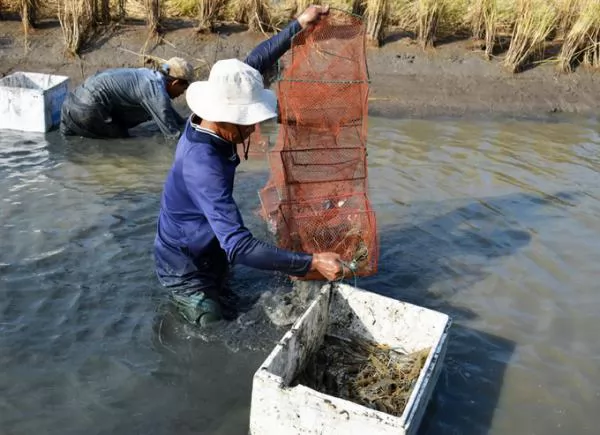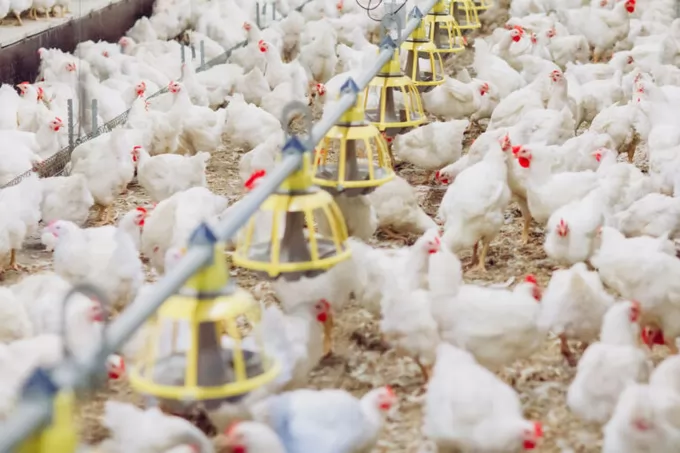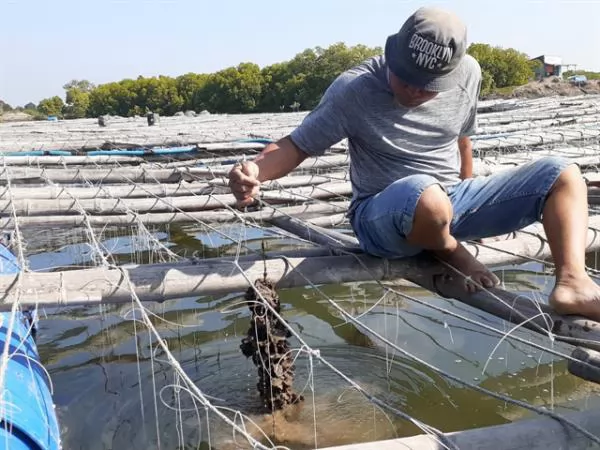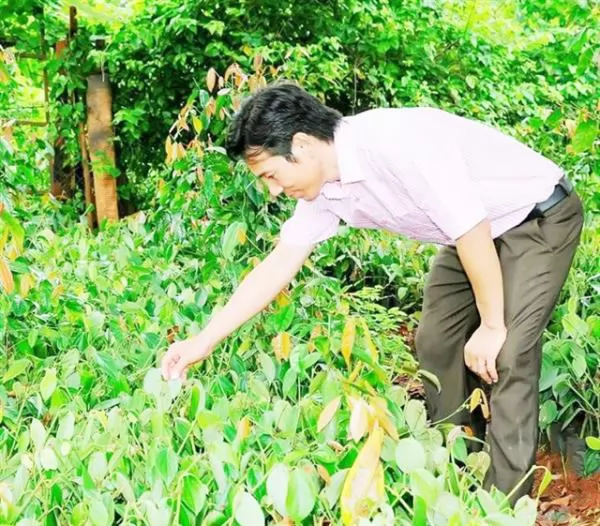Delta farmers reap high profits from breeding giant river prawn

Farmers harvest giant river prawn bred in a rice field in Cà Mau Province's Thới Bình District. - VNA/VNS Photo Huỳnh Thế Anh
Viet Nam News | HCM CITY — Farmers in the Mekong Delta have had a bumper harvest of giant river prawns at good prices because of favourable weather conditions and high market demand.
Under a special cultivation model, farmers breed the giant prawn and grow rice on the same field without using chemicals. The prawns eat natural food in the rice fields.
In Sóc Trănng Province, shrimp–rice farmers are now entering the peak harvest season.
Lê Việt Thắng, who has a one-hectare rice field in Sóc Trăng’s Phước Long District, said he had a rice yield of seven tonnes per hectare, higher than in the past.
The profit from harvesting prawn and rice this year was about VNĐ50 million (US$2,150) per hectare, he said.
Trần Văn Ân, deputy chairman of the Phước Long District People’s Committee, said the rainy season ended late, so there was enough freshwater for the rice fields.
Local farmers used quality seeds and followed proper plant scheduling, which helped to increase yields.
The environmentally friendly shrimp – rice model reduces production costs, increases yield and profit.
In the rainy season, Bạc Liêu has nearly 36,000ha of fields allocated for the shrimp – rice farming model, up nearly 3,000ha against the previous rainy season.
Of the figure, farmers have harvested more than 20,000ha so far.
The cultivation model has an average prawn yield of 250 – 300kg per hectare per crop and 4 – 4.5 tonnes of rice per hectare per crop, according to Bạc Liêu authorities.
In Cà Mau Province, farmers in Thới Bình District, which is the province’s largest giant river prawn producer, has about 12,000ha of giant river prawn – rice farming fields.
Nguyễn Hữu Cảnh, who lives in Tân Bằng Commune’s Kênh 6 Hamlet in Thới Bình, has harvested giant river prawns in his one-hectare rice field and earned a profit of VNĐ20 million ($862).
He began to release about 20,000 giant river prawn fry into rice fields in June this year and harvested about 250kg of giant river prawns after breeding for six months, he said.
Huỳnh Văn Dũng, head of the Kênh 6 Hamlet Farmers Association, said: “The model has high economic efficiency, is easy to implement and is sustainable, so many farmers have done it.”
Farmers buy giant river prawn fry in Cà Mau and other provinces such as An Giang Province and Cần Thơ City for breeding, he said.
Traders buy the market-size giant river prawns at a price of VNĐ100,000 – 130,000 ($4.3 – 5.6) a kilogramme.
The price may increase significantly near Tết (Lunar New Year), which falls on February 5 this year, according to traders.
In Trà Vinh Province, farmers began harvesting giant river prawns in rice fields early this month.
Châu Thành, Cầu Ngang, Trà Cú and Duyên Hải districts and Duyên Hải Town are Trà Vinh’s major giant river prawn breeding areas.
Châu Thành has more than 1,100ha of rice fields in which farmers breed all male giant river prawns, the largest in the province.
Nguyễn Thanh Thưởng, deputy chairman of the Long Hòa Commune People’s Committee in Châu Thành, said this is the sixth year that many farmers in the commune have bred giant river prawn and organic rice on one field.
Many aquaculture farmers have also switched from breeding two black-tiger shrimp crops a year to one black-tiger shrimp crop and one giant river prawn crop a year, he said.
Investors who produce shrimp seeds, including male giant river prawn seeds, can take advantage of the province’s preferential policies.
The model of breeding all male giant river prawns yields a higher profit than that of breeding mixed gender giant river prawns. The former has a higher survival and growth rate. – VNS
Maybe you are interested

Changes to ammonia emission factors for UK poultry farmers
Updated ammonia emission factors for UK poultry and pig producers have been introduced by the Environment Agency.

Bà Rịa - Vũng Tàu farmers expand breeding of Pacific oysters
BÀ RỊA-VŨNG TÀU — More farmers in the southern province of Bà Rịa-Vũng Tàu are earning more income by breeding Pacific oysters in an environmentally friendly and sustainable way.

Farmer brings Bầu Mây pepper abroad
BÀ RỊA-VŨNG TÀU - After leaving his hometown in the northern mountainous province of Tuyên Quang, Lâm Ngọc Nhâm settled in Bà Rịa - Vũng Tàu Province and established Bầu Mây Tourism Agriculture Trade Co-operative...





